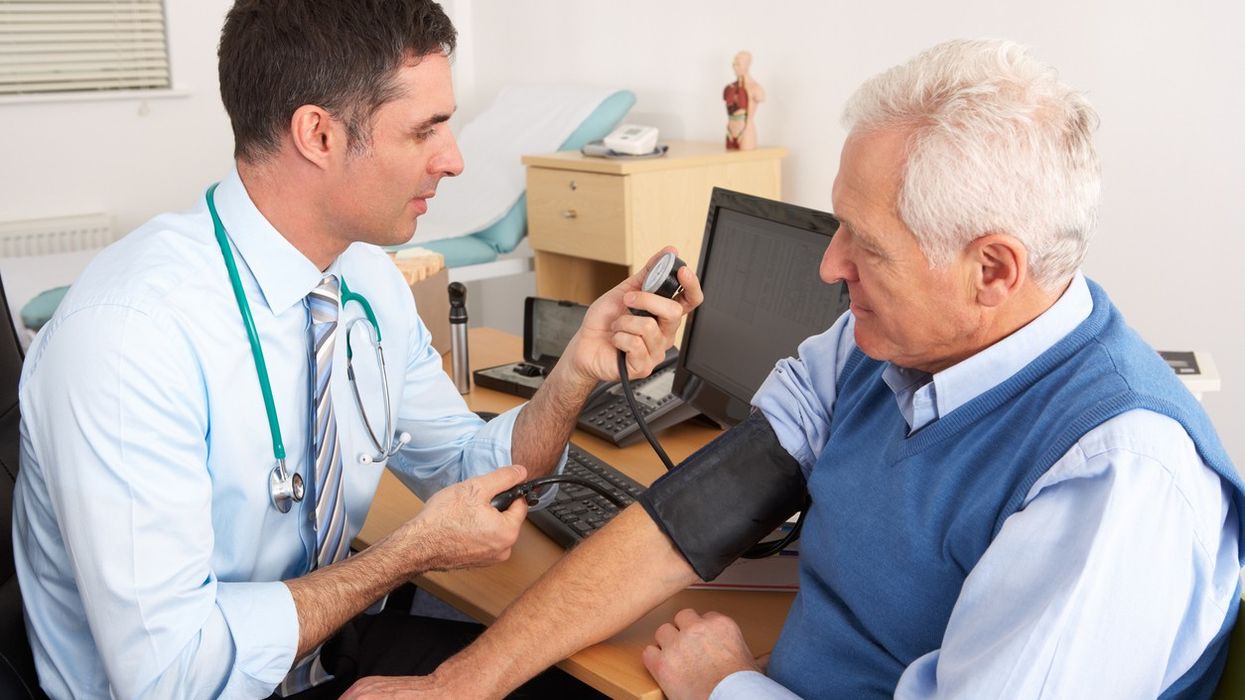While self-testing can alleviate pressure on the NHS, more than a quarter of Brits mistakenly believe at-home tests require a prescription from a medical professional
Long appointment wait times, embarrassment, and lack of trust are causing thousands of Brits to avoid visiting doctors, according to new research by Newfoundland Diagnostics.
With 1 in 4 individuals resorting to A&E due to the lack of available GP appointments, which adds to the NHS burden, the medical self-testing brand believes that educating the nation on at-home testing can help ease the strain on the health service.
The research revealed the top five reasons why Brits avoid visiting doctors for medical testing:
- Appointments taking too long to book (28 per cent)
- Embarrassment around their illnesses (15 per cent)
- Preference for at-home testing (12 per cent)
- Not having time (10 per cent)
- Lack of trust in the NHS or their GP (7 per cent)
The research team cautioned that delaying care can worsen conditions, resulting in more severe cases that place greater strain on the NHS.
Newfoundland Diagnostics, a leading UK provider of diagnostic tests and medical devices, aims to alleviate this burden by encouraging nationwide testing. The organisation believes that by enabling individuals to easily gather data at home, self-testing can help reduce unnecessary doctor visits and ensure patients are well-informed when seeking quality care.
While self-testing became popular during the COVID-19 pandemic, there remain significant educational gaps that need to be addressed, the company stated.
Newfoundland Diagnostics’ research also found that over a quarter of Brits believe that at-home tests require a prescription from a medical professional, even though these tests are readily available in major supermarkets and pharmacies across the UK.
This misconception is even more prevalent among men, with more than 1 in 3 believing that self-tests cannot be purchased over the counter, compared to 23 per cent of women.
The research further indicates that younger Brits, particularly those aged 16-24, need better education on healthcare access, as nearly half of them think at-home tests must be prescribed, compared to less than 1 in 5 of those 55 and older.
"It’s surprising how many across the country believe that at-home testing is inaccessible despite their ubiquity during the pandemic,” said Frederick Manduca, co-founder of Newfoundland Diagnostics.
Meanwhile, renowned GP and broadcaster Dr Hilary Jones has joined the company in an advisory role to educate the nation on testing at home to help ease the strain on the NHS.
He believes self-testing can help overcome the barriers preventing people from seeking medical care.
Dr Jones said: "At-home testing has the potential to be a game-changer for easing the strain on our NHS, but we need more Brits to embrace self-testing.
"By empowering people to routinely monitor their health and identify issues early, we can significantly reduce unnecessary GP and A&E visits for conditions that could be caught sooner through self-testing. This frees up critical medical resources for those most in need of urgent care.”
Dr Jones elaborated that self-tests provide patients with key diagnostic information, which they can share with their doctor for more informed, effective treatment plans.
He highlighted that detecting issues like high cholesterol, fertility problems or potential cancers at an earlier stage leads to better health outcomes and could potentially saving lives.
Manduca expressed that Dr. Hilary's advisory role would be invaluable in empowering the nation to embrace their easy-to-use, affordable at-home tests as “a pathway to accessible healthcare”, emphasising that early identification can be life-saving.













